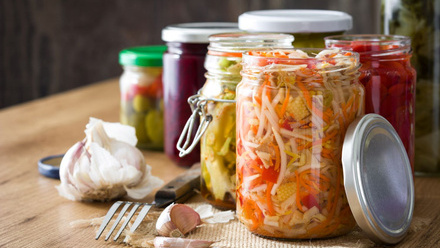Dietitians can now access the latest advice for the dietary treatment of chronic constipation in adults, thanks to new BDA dietary guidelines.
The new guidelines focus on key foods, drinks and supplement interventions and have been developed following a comprehensive systematic review of the evidence.
A total of 59 recommendations are included, with ways to improve symptoms, like eating 2-3 kiwi fruits per day and drinking high mineral-content water. It also highlights approaches lacking adequate evidence, such as generic high fibre diets and senna supplements.
The guidelines have been made possible thanks to a BDA General and Education Trust funded review of evidence by dietitians and other experts at King’s College London, and are now available to read in the Journal of Human Nutrition and Dietetics.
Registered dietitian and lead for the guidelines, Dr Eirini Dimidi, says, “Previous guidelines have incorporated very limited dietary advice, instead focusing on medications to treat symptoms, however we are aware that diet is a preferred approach to managing the condition.
“Chronic constipation can have a huge impact on someone’s day-to-day life. Our research reveals some new dietary strategies that could indeed help patients. At the same time, we urgently need more high-quality trials to strengthen the evidence on what works and what doesn’t.”
Dr Yvonne Jeanes, Head of Research and Impact at the BDA says, “These guidelines are an excellent resource for dietitians and healthcare professionals more broadly, they support a more diet focused and evidenced-based approach to the management of chronic constipation.
“The guidelines state where the gaps in supporting evidence are. Although a high-fibre diet is beneficial for overall health, the guideline development process revealed insufficient evidence to confirm its effectiveness for managing constipation.”
The guidelines represent a milestone for clinicians and patients, offering clear, practical and evidence-based recommendations for the first time, including a clinician friendly tool that quickly helps identify key foods, diets and supplements that can support key symptoms.








